
CNS: How is the SCO different from similar organizations led by the West? What kind of "Oriental wisdom" does it embody?
Bolat Nurgaliyev: When I was the SCO secretary general, I studied the views of all parties on the SCO and got extensive opinions, especially from the West. Some people tend to think that the SCO is a political and military alliance against the West, but this is not true. The SCO is a transparent and open international organization that can conduct East– West cooperation.
The difference with similar international organizations is that the SCO has a highly open operation mechanism, including the public release of all documents and information. Although there are debates and disputes among the member states in the meetings, all parties participate in the discussions and the SCO adopts decisions openly on the basis of consensus.
Another difference is that the SCO adheres to the "Shanghai Spirit." In the attitude of equal consultation, all member states respect the cultures of countries with different nationalities and religious beliefs, and jointly promote human development and progress. This is not only in line with the common interests of all member states but also reflects an advanced form of civilization exchange.
It is this spirit that constitutes the equality of the SCO dialogue platform. The SCO respects the interests and opinions of every participating country, and all countries on the platform, big or small, rich or poor, have an equal voice. There are few such precedents in international practice, especially considering the composition of the countries in the SCO.
CNS: The combined geographical area of the SCO member states includes the birthplaces of many civilizations, where different civilizations had dialogue and exchanges. Does that help the member states learn from each other?
Bolat Nurgaliyev: The area has a profound cultural tradition and is the birthplace of important civilizations, religions and cultures in the world. The SCO member states share a common geographical and historical relationship; various civilizations collided and had exchanges in the region, forming a historical tradition of mutual respect, openness and tolerance, proving that "a close neighbor is better than a distant relative."
I think this is the secret of mutual attraction. The civilizational backgrounds of the member states are indeed very different, but they all have the desire to work toward friendly relations: to jointly build their homes and be responsible for regional coordinated development. This goal has been skillfully translated into the SCO's constitution, political principles, organizational plans and cooperation projects.
The differences among the member states are not a problem, but a source of vitality. Humanistic mutual learning in the SCO is a good example, which has become another driving force to promote the development of the SCO besides security and economic cooperation.








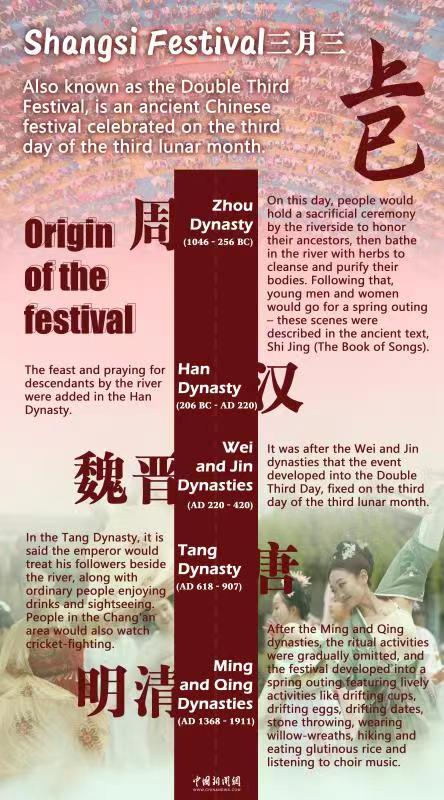
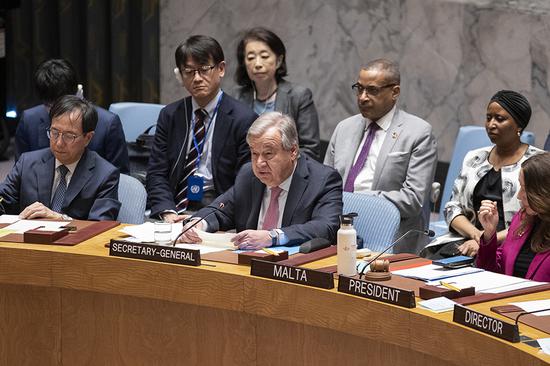

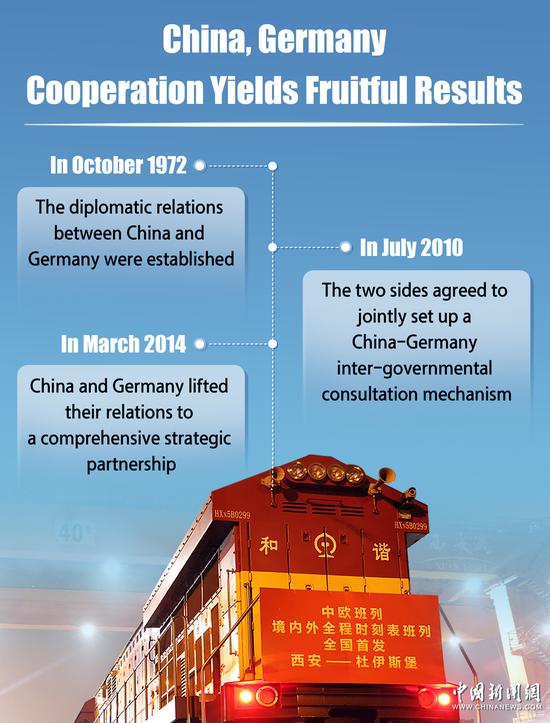
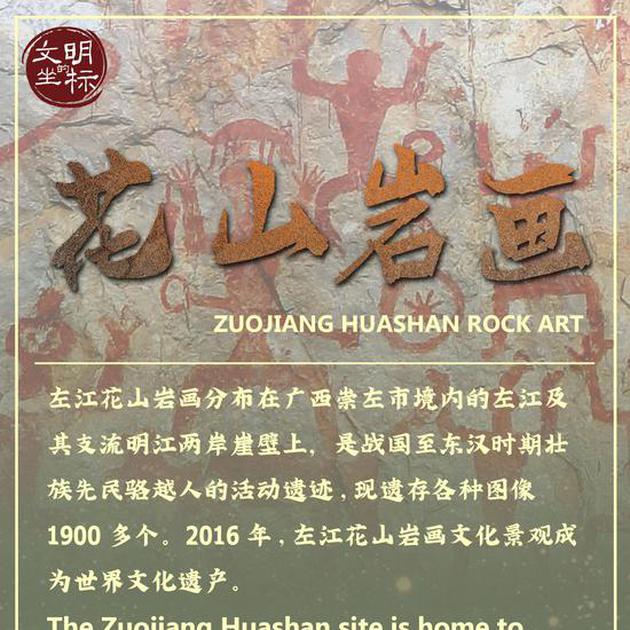
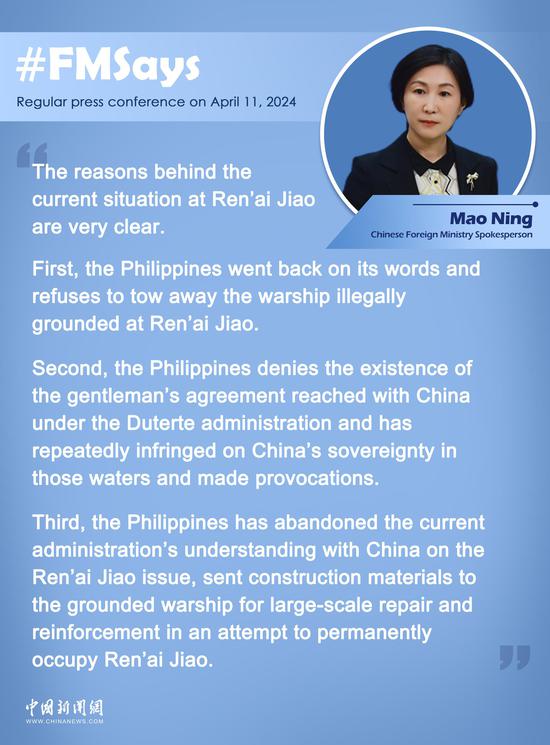
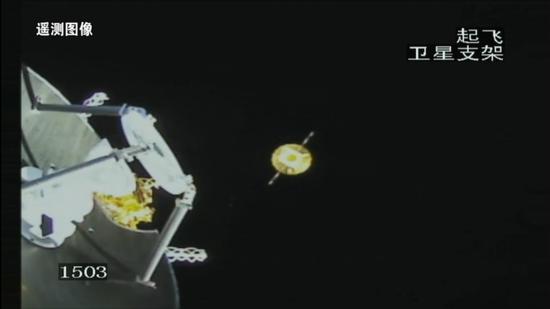







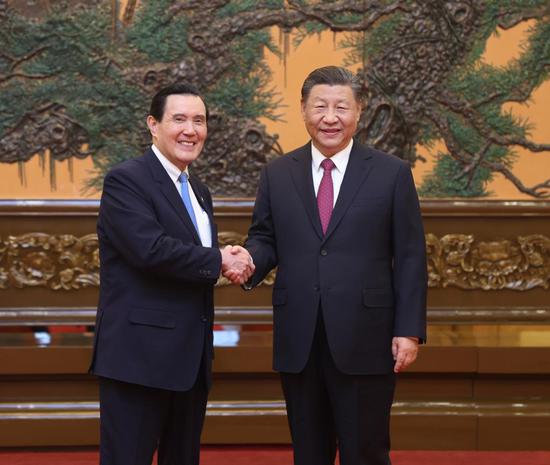





















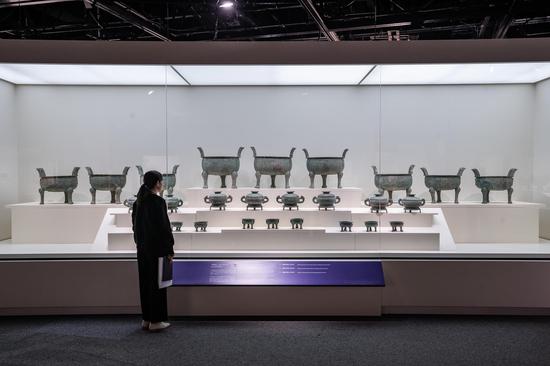





 京公网安备 11010202009201号
京公网安备 11010202009201号